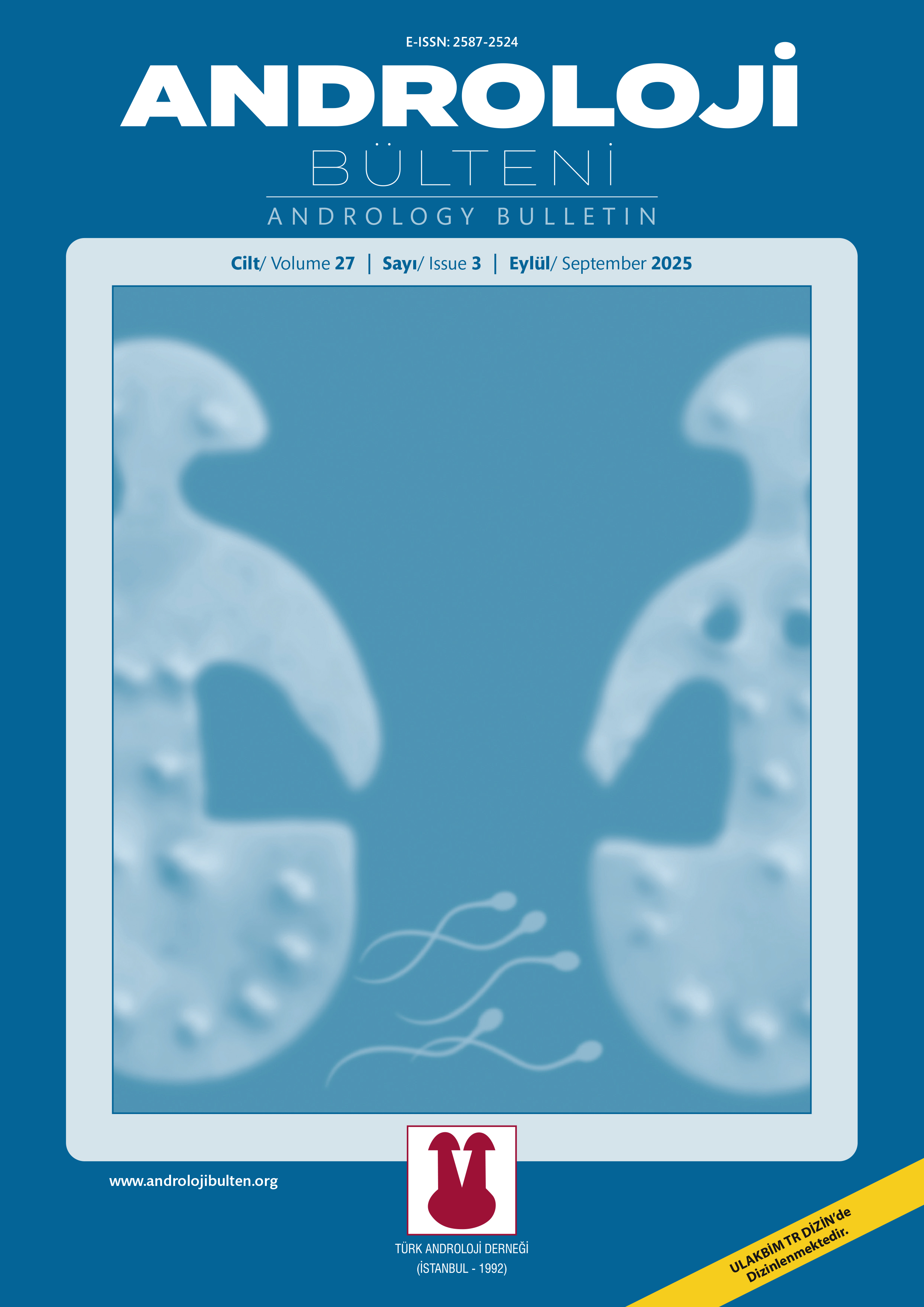
Content of this journal is licensed under a Creative Commons Attribution-NonCommercial 4.0 International License.
Factors affecting reproductive health in women with disabilities, reproductive health problems and the role of the nurse
Esra Güler1, Nülüfer Erbil21Department Of Gynecologic And Obstetrics Nursing, Institute Of Health Sciences, Ordu University, Ordu, Turkey2Department Of Gynecologic And Obstetrics Nursing, Faculty Of Health Sciences, Ordu University, Ordu, Turkey
Approximately15% of the world’s population lives with a physical, sensory, intellectual or mental disability, and 80% of these disabled individuals are in low– and middle-income countries. Women with disabilities are the group with the greatest difficulty in accessing and using information and services related to their sexual and reproductive health rights, which are the right of everyone around the world. The vast majority of women with disabilities do not have a say in sexual and reproductive health, they are accepted as genderless, they are evaluated as if they do not have reproductive rights, and they face obstacles. Factors such as people’s perceptions of disability, inaccessible health care facilities and equipment, discrimination, transportation barriers to accessing facilities, economic inadequacy, negative treatment from staff, unequal allocation of time and money within the household for their care prevent women from seeking, using and accessing health care. The barriers faced by women with disabilities in accessing reproductive health services can be grouped as national barriers related to the health system and individual barriers related to psychological, behavioral, social, physical, economic and education. Attention is drawn to issues such as education and care in reproductive health problems of disabled women, menstrual cycle and hygiene behaviors, sexual life, gynecological examination, family planning, parenting and fertility, sexually contagious infections. Among the health personnel, nurses are at a key point in solving the reproductive health problems of women with disabilities. For this reason, while giving care to disabled women, they should provide ethical and holistic care within the needs of disabled people, away from prejudice. In this review, it is aimed to guide in which areas women with disabilities have problems, the factors affecting them, and the nursing approaches developed for these problems.
Keywords: sexual health, disabilities, disabled woman, nurse, reproductive health
Engelli kadınlarda üreme sağlığını etkileyen etmenler, üreme sağlığı sorunları ve hemşirenin rolü
Esra Güler1, Nülüfer Erbil21Ordu Üniversitesi Sağlık Bilimleri Enstitüsü, Doğum ve Kadın Hastalıkları Hemşireliği, Anabilim Dalı Doktora Programı, Ordu, Türkiye2Ordu Üniversitesi Sağlık Bilimleri Fakültesi, Doğum ve Kadın Hastalıkları Hemşireliği Anabilim Dalı, Ordu, Türkiye
Dünya nüfusunun yaklaşık %15’i fiziksel, duyusal, entelektüel veya zihinsel bir engel ile yaşamaktadır ve bu engelli bireylerin %80’i düşük ve orta gelirli ülkelerde bulunmaktadır. Engelli kadınlar, dünya çapında herkesin hakkı olan cinsel sağlık ve üreme sağlığı haklarıyla ilgili bilgiye ve hizmetlere erişme ve bunları kullanma konusunda en fazla zorluk yaşayan gruptur. Engelli kadınların büyük çoğunluğu cinsel ve üreme sağlığı hususunda söz sahibi olamamakta, cinsiyetsiz olarak kabul edilmekte ve üreme hakları yokmuş gibi değerlendirilmekte ve engellerle karşılaşmaktadır. İnsanların engelliliğe ilişkin algıları erişilemeyen sağlık hizmetleri tesisleri ve ekipmanları, ayrımcılık, tesislere erişimde ulaşım engelleri, ekonomik yetersizlik, personelden olumsuz muamele görme, bakımları için hane içinde eşit olmayan zaman ve para tahsisi gibi unsurlar kadının sağlık hizmetini aramasını, kullanımını ve erişimini engeller. Engelli kadınların üreme sağlığı hizmetlerine erişiminde karşılaştıkları engeller sağlık sistemiyle ilgili ulusal engeller ile psikolojik, davranışsal, toplumsal, fiziksel, ekonomik ve eğitimle ilgili bireysel engeller olarak gruplandırılabilir. Engelli kadınların üreme sağlığı sorunlarında eğitim alma ve bakıma yönelik sorunlar, menstrual siklus ve hijyen davranışları, cinsel yaşam, jinekolojik muayene, aile planlaması, ebeveynlik ve doğurganlık, cinsel yolla bulaşıcı enfeksiyonlar gibi konulara dikkat çekilmektedir. Sağlık personelleri arasında hemşireler engelli kadınların üreme sağlığı sorunlarının çözümünde anahtar bir noktadadırlar. Bunun için engelli kadınlara bakım verirken önyargıdan uzak, engelli bireylerin ihtiyaçları dâhilinde etik ve holistik bakım verilmelidir. Bu derlemede, engelli kadınların hangi alanlarda sorun yaşadığını, bunları etkileyen faktörleri ve bu sorunlara yönelik geliştirilen hemşirelik yaklaşımlarına rehber oluşturmak amaçlanmıştır.
Anahtar Kelimeler: cinsel sağlık, engeller, engelli kadın, hemşire, üreme sağlığı
Manuscript Language: Turkish
(2232 downloaded)













